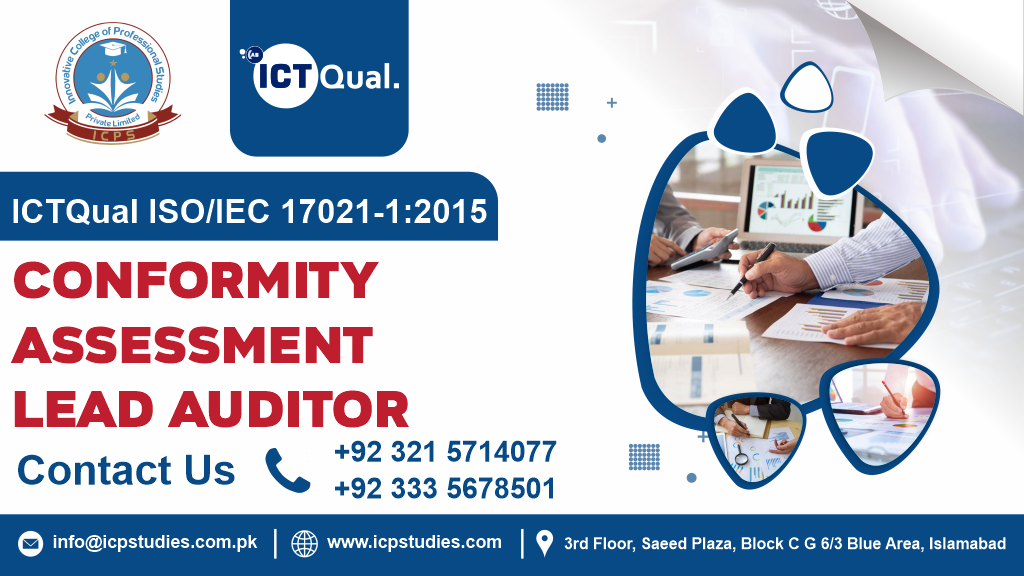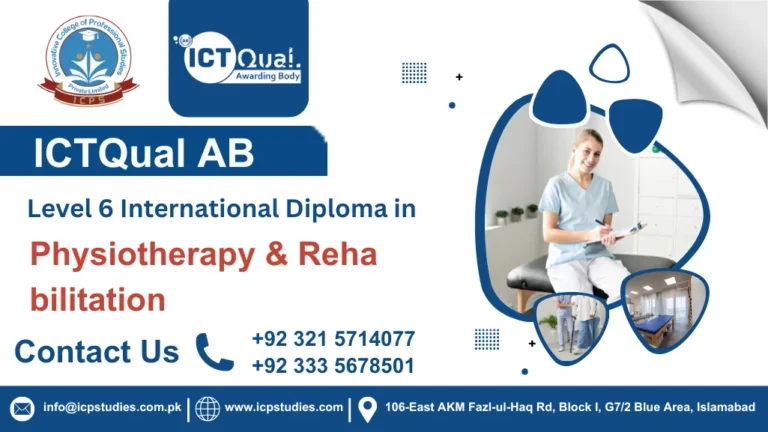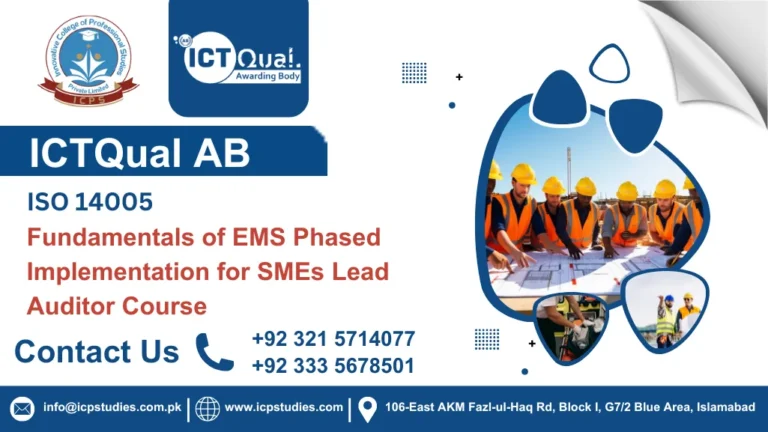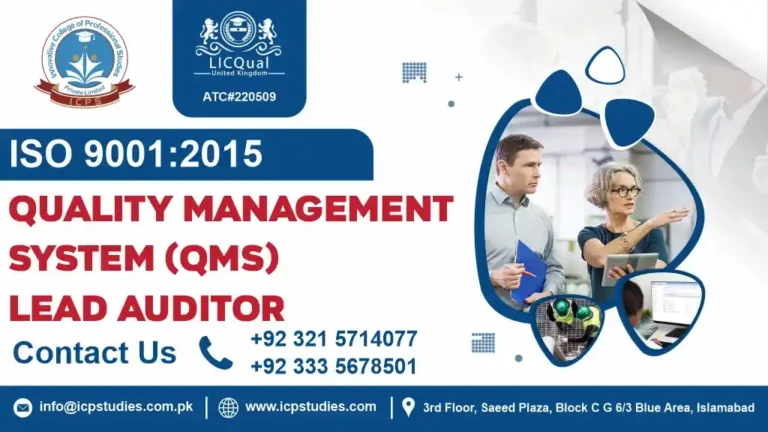In today’s competitive business environment, maintaining high standards of quality and compliance is essential for organizational success. For companies seeking certification against international standards, such as ISO 9001, the role of an ISO/IEC 17021-1:2015 Conformity Assessment Lead Auditor is crucial.
ISO/IEC 17021-1:2015 is an international standard that specifies requirements for bodies providing audit and certification of management systems. It sets out criteria for the competence, consistency, and impartiality of certification bodies that audit and certify organizations against various management system standards, such as ISO 9001 (Quality Management Systems), ISO 14001 (Environmental Management Systems), and ISO 45001 (Occupational Health and Safety Management Systems).
The ISO/IEC 17021-1:2015 Conformity Assessment Lead Auditor plays a crucial role in ensuring the effectiveness and credibility of the management system certification process. Through their leadership, expertise, and rigorous approach to auditing, Lead Auditors contribute to maintaining high standards and supporting continuous improvement. Their work not only ensures compliance with ISO/IEC 17021-1:2015 but also reinforces trust in the certification process, benefiting organizations and industries worldwide.
All About ICTQual ISO/IEC 17021-1:2015 Conformity Assessment Lead Auditor
Course Overview
An ISO/IEC 17021-1:2015 Conformity Assessment Lead Auditor is a specialized professional responsible for leading and managing the audit process to ensure that certification bodies comply with the requirements set forth in the ISO/IEC 17021-1:2015 standard. This role is pivotal in maintaining the credibility, consistency, and competence of bodies that provide management system certification.
ISO/IEC 17021-1:2015 Conformity Assessment Lead Auditor plays a vital role in overseeing the audit and certification process. Their expertise ensures that certification bodies meet the high standards required for reliable and impartial certification, ultimately contributing to the overall quality and trustworthiness of management system certifications.
Study Units
- Introduction to ISO/IEC 17021-1:2015 Standard
- Principles of Audit Management Systems
- Requirements for Audit Programs
- Competence of Audit Teams
- Audit Planning and Preparation
- Conducting Audit Activities
- Audit Reporting and Follow-Up
- Impartiality and Independence
To enroll in the ICTQual ISO/IEC 17021-1:2015 Conformity Assessment Lead Auditor course, participants typically need to meet the following requirements:
- Age Requirement: Participants should be at least 18 years old.
- Basic Literacy: A good understanding of English is essential, as course materials and instruction are primarily in English.
- Professional Background: Familiarity with conformity assessment processes or relevant experience in certification bodies is beneficial.
- Prior Knowledge: Participants should have a basic understanding of ISO/IEC 17021-1:2015 standards and auditing principles.
- Course Registration: Participants must register for the course through an authorized training provider.
- Payment: Course fees must be paid as required by the training provider.
- Commitment to Attend: Participants should be prepared to attend the full duration of the course to receive certification.
The ICTQual ISO/IEC 17021-1:2015 Conformity Assessment Lead Auditor course is designed for:
- Lead Auditors: Individuals responsible for conducting audits of certification bodies and conformity assessment processes.
- Quality Managers: Professionals overseeing compliance and quality assurance in organizations.
- Certification Body Personnel: Employees working in certification bodies who need to understand the standards and processes related to conformity assessment.
- Compliance Officers: Individuals ensuring that organizations meet regulatory and quality standards.
- Consultants: Professionals advising organizations on conformity assessment and certification processes.
- Anyone Seeking ISO/IEC 17021-1 Certification: Individuals aiming to enhance their knowledge and skills in conformity assessment for career advancement.
This course equips participants with the knowledge and skills to effectively audit and assess conformity assessment bodies according to ISO/IEC 17021-1:2015 standards, promoting quality and reliability in certification processes.
Learning Outcome
1. Introduction to ISO/IEC 17021-1:2015 Standard
- Understand the Standard: Describe the objectives, scope, and key principles of ISO/IEC 17021-1:2015 and its relevance to management system certification.
- Identify Key Requirements: Explain the main requirements set forth in ISO/IEC 17021-1:2015 for certification bodies, including the criteria for competence, consistency, and impartiality.
- Contextualize the Standard: Discuss how ISO/IEC 17021-1:2015 integrates with other management system standards and its role in the certification process.
2. Principles of Audit Management Systems
- Define Audit Management Principles: Explain the core principles of audit management systems, including planning, execution, and evaluation of audits.
- Understand Audit Objectives: Describe the objectives of auditing management systems and the benefits of effective audit management for organizations.
- Apply Best Practices: Identify and apply best practices in managing and overseeing audit activities to ensure effectiveness and efficiency.
3. Requirements for Audit Programs
- Develop Audit Programs: Outline the requirements for establishing and managing audit programs as per ISO/IEC 17021-1:2015.
- Assess Program Effectiveness: Evaluate the effectiveness of audit programs in achieving the objectives of management system audits.
- Ensure Compliance: Ensure that audit programs meet the standards and requirements specified in ISO/IEC 17021-1:2015.
4. Competence of Audit Teams
- Identify Competence Requirements: Describe the competence requirements for audit team members, including qualifications, experience, and skills necessary for effective auditing.
- Evaluate Team Competence: Assess the competence of audit teams to ensure they have the necessary expertise to conduct audits in accordance with ISO/IEC 17021-1:2015.
- Develop Competence: Identify strategies for developing and maintaining the competence of audit teams through training and professional development.
5. Audit Planning and Preparation
- Create Audit Plans: Develop comprehensive audit plans that outline the scope, objectives, criteria, and methodology of the audit based on ISO/IEC 17021-1:2015.
- Prepare for Audits: Identify the necessary preparations for conducting audits, including scheduling, resource allocation, and documentation.
- Address Potential Issues: Anticipate and address potential challenges or risks in the audit planning and preparation phase.
6. Conducting Audit Activities
- Implement Audit Techniques: Apply effective techniques for conducting audits, including evidence collection, interviews, and observations.
- Manage Audit Execution: Oversee the execution of audit activities to ensure that they are conducted in a systematic and objective manner.
- Handle Non-Conformities: Identify and address non-conformities and issues observed during the audit, ensuring appropriate follow-up actions.
7. Audit Reporting and Follow-Up
- Prepare Audit Reports: Create clear, accurate, and comprehensive audit reports that document the audit findings, conclusions, and any identified non-conformities.
- Communicate Findings: Effectively communicate audit findings and recommendations to relevant stakeholders.
- Implement Follow-Up Actions: Design and oversee the implementation of follow-up actions to address audit findings and improve the certification body’s processes.
8. Impartiality and Independence
- Understand Impartiality Requirements: Explain the importance of impartiality and independence in the auditing process as specified in ISO/IEC 17021-1:2015.
- Promote Independence: Identify and apply practices to maintain and promote impartiality and independence in audit activities.
- Analyze Impartiality Cases: Review case studies to illustrate the application of impartiality and independence in real-world auditing scenarios.
These learning outcomes are designed to equip participants with the knowledge and skills necessary to perform effectively as Conformity Assessment Lead Auditors. They cover all aspects of auditing and certification processes in alignment with ISO/IEC 17021-1:2015, ensuring a comprehensive understanding and practical application of the standard’s requirements.
FAQs about ICTQual ISO 50001:2018 Energy Management Systems Lead Auditor







